For this International Creativity Day (21 April), PhD student Vanessa Madu reflects on the importance of extracurricular STEM clubs in promoting passion for science and mathematics in young students.
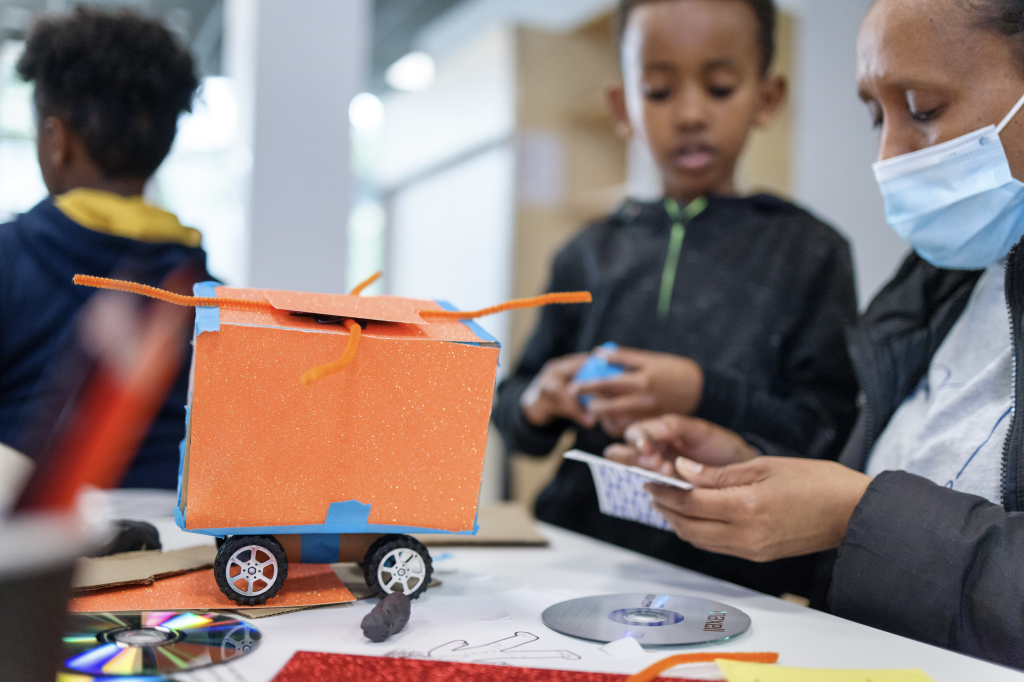
For this International Creativity Day (21 April), PhD student Vanessa Madu reflects on the importance of extracurricular STEM clubs in promoting passion for science and mathematics in young students.

PhD student Jarmo Kikstra from the Centre for Environmental Policy reflects on the challenges of defining a just transition away from fossil fuels. His research as part of the Science and Solutions for a Changing Planet DTP at the Grantham Institute helps quantify elements of climate justice.
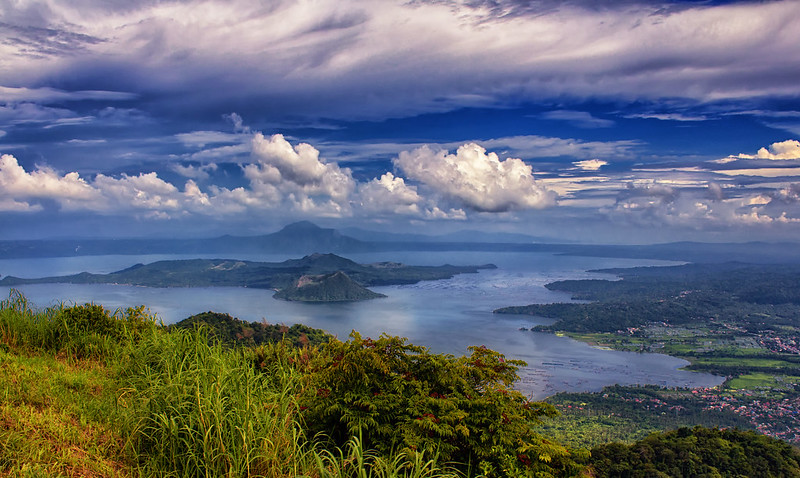
Mona Alizadeh is an undergraduate student from the Department of Physics. She spent the summer doing research at the MAST-U reactor in Culham, as part of the Undergraduate Research Opportunities Programme at Imperial. Here, she writes about the science behind her research.
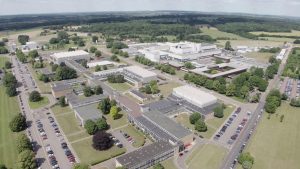
PhD student Harriet Judah, from the Department of Chemistry, takes us on a journey through the ages to explore the use of plastics and modern solutions to the current plastic crisis! Harriet is part of the Brandt-Talbot Research Group, which studies and develops ionic solvents for use in chemical recycling.
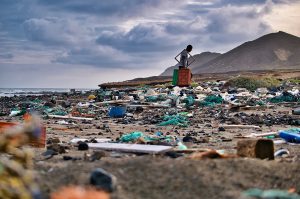
Dr Tilly Collins, from Imperial College London’s Centre for Environmental Policy, and her 16-year-old son – Douglas – spent a month this summer in the Kibale Forest of Western Uganda. Dr Collins was part of a Tropical Biology Association (TBA) team, which ran skill and capacity-building field courses to train future conservation leaders, bringing together graduate students from the host continent and the rest of the world.
In this post, Dr Collins writes a weekly log of her adventures!
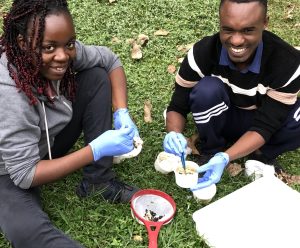
Sungyeon Park is a second-year Biological Sciences student at Imperial. In this blog, she talks about her exciting summer placement in the Ikeuchi Lab in Tokyo, where she cultivated neural tissues for research. Her work may one day inform our design of AI!
The Centre for Environment Policy Equality, Diversity and Inclusion Committee interviewed Senior Finance Officer Samia Rahman from the Faculty of Natural Sciences. She gives us a window to what her Bangladeshi heritage means to her.
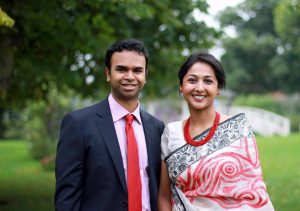
Thomas Walker is a second-year student at Imperial College studying for a BSc in Mathematics with Statistics.
Earlier this year, Prime Minister Rishi Sunak announced his plans to make the studying of mathematics compulsory until the age of 18, making it a central part of the UK’s future education strategy. He emphasised that focusing on numerical literacy is essential for future economic and societal development. But will his plans work?
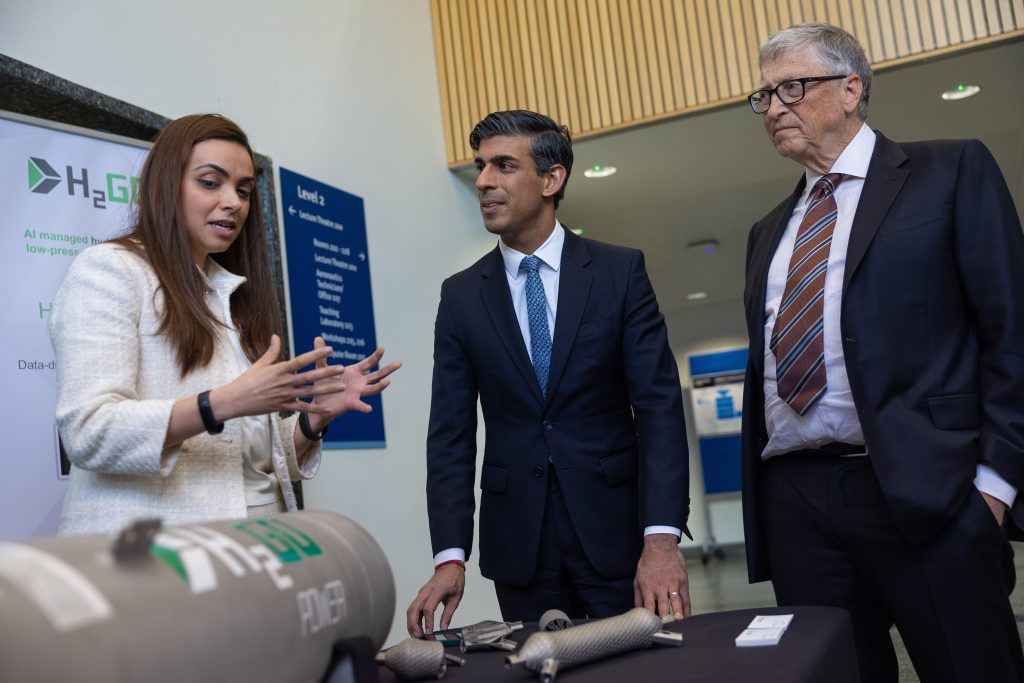
Dr Tilly Collins is a senior academic at the Centre for Environmental Policy. Her interdisciplinary research focuses on enhancing the environmental, social and economic sustainability in land-use transitions. She has a passion for entomology and makes regular media appearances to advocate for the crucial role of insects in future sustainability.
I am unashamedly and unabashedly an entomologist. I came to this realisation a bit late and only really fell in love with the insect world while doing my PhD at the Imperial College campus at Silwood Park as a decade-delayed mature student. My field work there was spent estimating insect numbers (especially of aphids) in willow plantations and listening to the hum and thrum of the array of life around me.
This was the start of my lifelong passion for working with insects, and spreading what I know to others so that, together, we can build an insect-positive future.
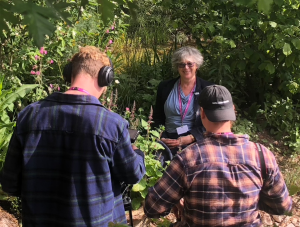
A Silwood Park student team became the champions of a national wildlife competition where they competed to identify as many mammals as possible. Max Khoo from the MSc Ecology, Evolution and Conservation course takes us through the tools of animal investigation that allowed them to emerge victorious!
